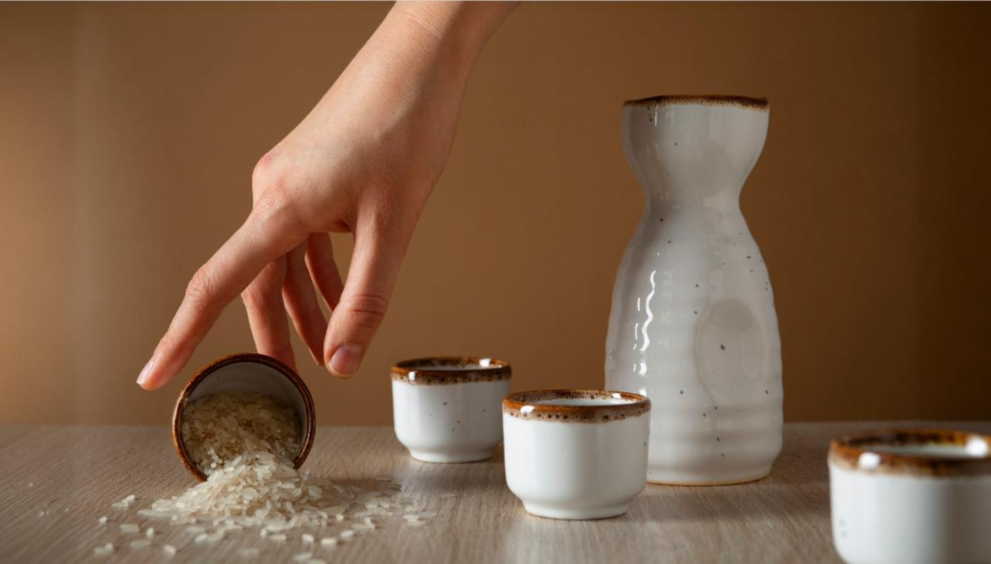FACT CHECK: Viral video claims salt isn’t a concern, blames sugar instead
Current medical consensus supports moderating both salt and added sugar intake while considering individual health factors and needs
Author
Author
- admin / 1 year

- 0
- 4 min read

Author
CLAIM
Salt is not as harmful when it comes to high blood pressure, as the body excretes it; sugar is the bigger problem.
FACT
Excessive salt and sugar intake can overwhelm natural processes, leading to high blood pressure
A viral Instagram video from the account @getsetfit claims that salt consumption isn’t problematic for blood pressure and suggests sugar is the primary concern. The page has more than 612,000 followers and is run by a popular fitness influencer. The video titled “Salt does not Cause High Blood Pressure” has racked up more than 172,000 likes since its posting on August 8, 2024 and has been viewed close to 7 million times. The same video is also on Facebook with more than 4.4k likes.
The video is presented as a skit featuring two people holding a conversation. A woman reprimands a man when he asks her to pass the salt, saying “why are you eating so much salt? It will cause blood pressure!”
However, the man says that “salt is not the culprit,” and goes on to explain that people feel bloated when they eat salt and sugar because of fluid retention, and this fluid retention in turn makes one’s heart beat faster “which leads to high blood pressure.”
But when the woman asks “so salt is bad right,” the man replies that it is not so. He explains that “a body can eliminate salt through sweat, pee and poop,” but excess sugar is stored as fat, “which leads to insulin resistance,” and “body holds more fluid and the heart has to beat faster leading to high blood pressure.”
The video goes on to say that “the body has a mechanism to eliminate salt but not sugar” and that “as long as you’re leading a healthy lifestyle, active lifestyle and eating a balanced food, salt is not a problem.” The real culprit behind high blood pressure is “excess carbs” (or sugars), according to the video.
While it is indeed true that the human body can excrete salt through urine, sweat, and faeces, the American Heart Association (AHA) guidelines limit sodium intake to 2,300mg daily for most adults, with a stricter 1,500mg limit recommended for those with hypertension or cardiovascular risks.
At the same time, the body doesn’t just excrete salt, it can also eliminate excess sugar through multiple pathways. When blood glucose levels are high, the kidneys will filter and excrete glucose through urine – a process called glycosuria.
The body can also convert excess glucose as carbon dioxide through breathing and as liquid through urine and sweat. However, when sugar intake consistently exceeds the body’s immediate energy needs, it is indeed stored as fat, as the video correctly states.
Both nutrients – salt and sugar – have complex pathways for processing and elimination, though excessive intake of either can overwhelm these natural mechanisms and lead to health issues. The World Health Organization continues to identify both excess sodium and sugar consumption as significant public health concerns.
Also, claiming that an active lifestyle and a balanced food, negates the side-effects of salt oversimplifies a complex process. This study make it clear that individual responses to salt intake vary significantly based on genetics, age, and existing health conditions. The American Heart Association states that around 30% of the global population is salt-sensitive, meaning blood pressure in these people responds more dramatically to sodium intake, regardless of lifestyle.
Do you have a health-related claim that you would like us to fact-check? Send it to us, and we will fact-check it for you! You can send it on WhatsApp at +91-9311223141, mail us at hello@firstcheck.in, or click here to submit it online.










